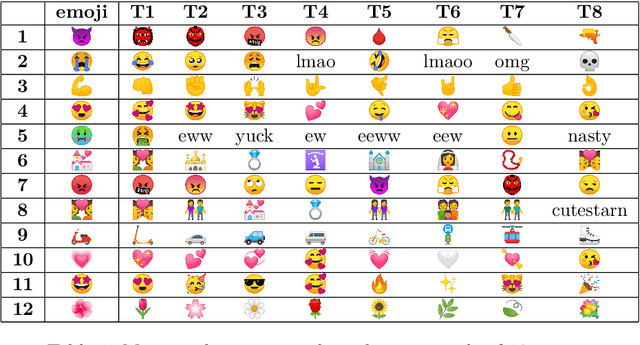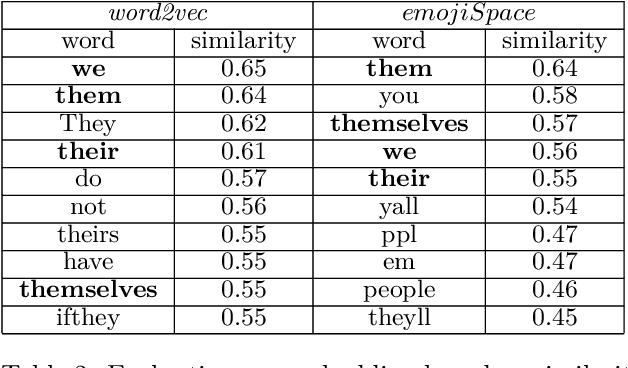Moeen Mostafavi
Reevaluating Data Partitioning for Emotion Detection in EmoWOZ
Mar 15, 2023Abstract:This paper focuses on the EmoWoz dataset, an extension of MultiWOZ that provides emotion labels for the dialogues. MultiWOZ was partitioned initially for another purpose, resulting in a distributional shift when considering the new purpose of emotion recognition. The emotion tags in EmoWoz are highly imbalanced and unevenly distributed across the partitions, which causes sub-optimal performance and poor comparison of models. We propose a stratified sampling scheme based on emotion tags to address this issue, improve the dataset's distribution, and reduce dataset shift. We also introduce a special technique to handle conversation (sequential) data with many emotional tags. Using our proposed sampling method, models built upon EmoWoz can perform better, making it a more reliable resource for training conversational agents with emotional intelligence. We recommend that future researchers use this new partitioning to ensure consistent and accurate performance evaluations.
emojiSpace: Spatial Representation of Emojis
Sep 12, 2022



Abstract:In the absence of nonverbal cues during messaging communication, users express part of their emotions using emojis. Thus, having emojis in the vocabulary of text messaging language models can significantly improve many natural language processing (NLP) applications such as online communication analysis. On the other hand, word embedding models are usually trained on a very large corpus of text such as Wikipedia or Google News datasets that include very few samples with emojis. In this study, we create emojiSpace, which is a combined word-emoji embedding using the word2vec model from the Genism library in Python. We trained emojiSpace on a corpus of more than 4 billion tweets and evaluated it by implementing sentiment analysis on a Twitter dataset containing more than 67 million tweets as an extrinsic task. For this task, we compared the performance of two different classifiers of random forest (RF) and linear support vector machine (SVM). For evaluation, we compared emojiSpace performance with two other pre-trained embeddings and demonstrated that emojiSpace outperforms both.
Learning affective meanings that derives the social behavior using Bidirectional Encoder Representations from Transformers
Jan 31, 2022Abstract:Predicting the outcome of a process requires modeling the system dynamic and observing the states. In the context of social behaviors, sentiments characterize the states of the system. Affect Control Theory (ACT) uses sentiments to manifest potential interaction. ACT is a generative theory of culture and behavior based on a three-dimensional sentiment lexicon. Traditionally, the sentiments are quantified using survey data which is fed into a regression model to explain social behavior. The lexicons used in the survey are limited due to prohibitive cost. This paper uses a fine-tuned Bidirectional Encoder Representations from Transformers (BERT) model to develop a replacement for these surveys. This model achieves state-of-the-art accuracy in estimating affective meanings, expanding the affective lexicon, and allowing more behaviors to be explained.
 Add to Chrome
Add to Chrome Add to Firefox
Add to Firefox Add to Edge
Add to Edge